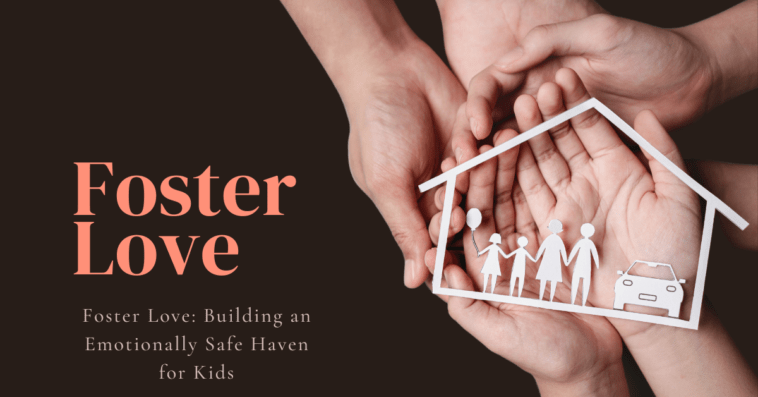When welcoming an adolescent in foster care into your home for the first time, it can be scary for you and them. Here are a few steps you can implement to make the process easier, more trusting, and less frightening.
Communication and Empathy
FosterVA states that many children or teens who are in foster care feel a loss of things like safety, control, innocence, and trust. If caregivers reflect on these losses, they may be able to sit down with their child and develop a sense of empathy and understanding.
The Parent Handbook
Many social services will have guidelines or handbooks to help a parent through the legal motions of fostering. Embrace Families is a social service organization that can help children attain a safer home life.
The Embrace Families Parent Handbook gives a sense of understanding of being a new foster parent. From understanding roles in the court system to parent-child visitation rights to the rights of being in foster care, a handbook will have you prepared.
Embrace Families also has a ‘How To’ guide for new caregivers. The guide emphasizes essential information such as allergies, academic records, and necessary medications and equips caregivers with the knowledge needed to make children feel at home. Routines can also be helpful, as they allow time for a smooth transition period.
Embrace Families also recommends making their home a welcoming environment by allowing a place for personal possessions and making their room their own safe space. It is also necessary to regard their personal space and ask for consent for hugging or touching to ensure safety.
Promoting Protective Factors
According to the Child Protection Information Gateway, protection factors are “conditions or attributes of individuals, families, communities, or the larger society that, when present, promote well-being and reduce the risk for negative outcomes.”
Reducing negative factors and building protective factors in children and teens can help reinforce positive aspects like promoting skillsets, personal characteristics, knowledge, and relationships.
The top individual skill sets that can be worked on to be improved are self-regulating skills, relational skills, and academic skills.
Helping Regulate Emotions
Entering foster care can be a scary and emotional process. The ability to self-regulate influences emotions and behavior. Assisting a teen or child in managing emotions and exercising self-discipline can provide long-term benefits, such as securing job prospects upon exiting the system.
Developing a Health Relationship
Relational skill sets help with making positive bonds and connections. Open communication is vital when developing a positive relationship and promoting stability and contentment. It may also be as simple as learning their favorite meals, TV shows, and colors to make the environment feel more like home.
Academic Support
Focusing on education can be challenging in unfavorable settings. Since strong academic skills can facilitate success in school and coursework, nurturing a supportive home and school atmosphere can improve academic performance. Connecting older teenagers with programs that promote college attendance demonstrates your commitment to making education more attainable and less anxiety-inducing.
When the time comes, it is also good to help find independent living to show support when attaining further education from home or seeking employment.
A caring adult and devoted attention are key when promoting protective factors and helping guide a child through reducing negative factors. Make the environment as comfortable and safe as possible to guarantee your child will not suffer from more stress.



Comments